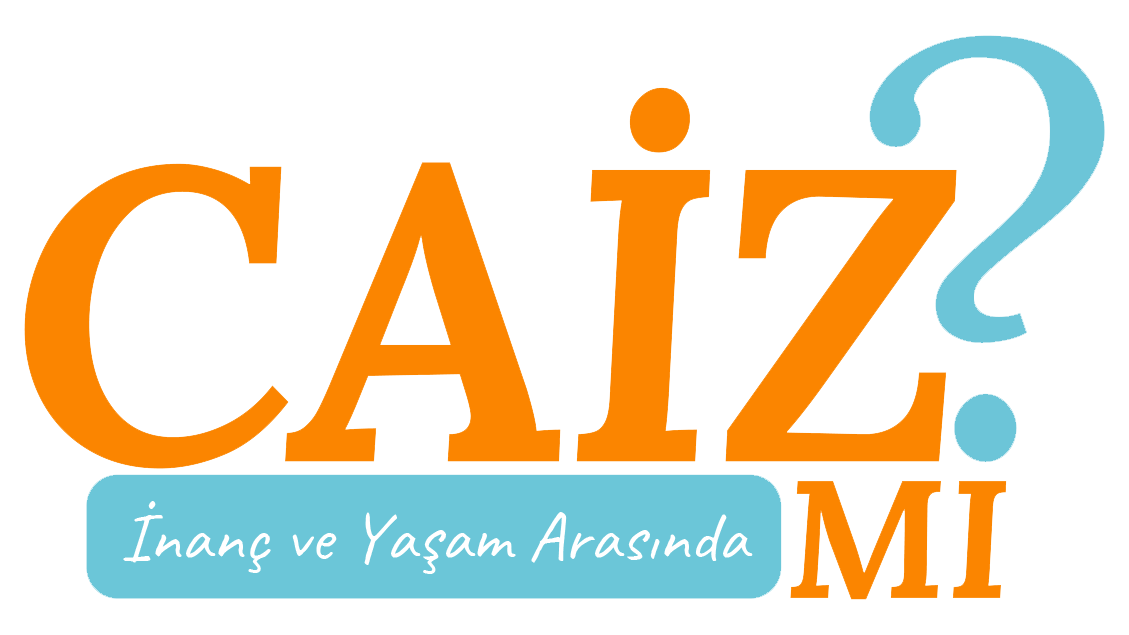In Islamic law, government intervention in prices and the imposition of fixed or capped prices for certain goods is called “narh.” Generally, Islamic scholars have argued that in a free market, prices should be determined by supply and demand dynamics and competition, and external interference is not permissible. Hadiths that emphasize that transactions should be based on mutual consent also support this view.
However, narh is considered permissible in exceptional circumstances. For example, when there are monopolies, speculation, or situations where it becomes difficult for the public to access essential goods, narh can be applied. In these cases, it is emphasized that narh should be implemented fairly and that both sellers’ and consumers’ rights must be protected. Narh is accepted as permissible when there is price instability or speculation, as it serves to protect the public interest.
